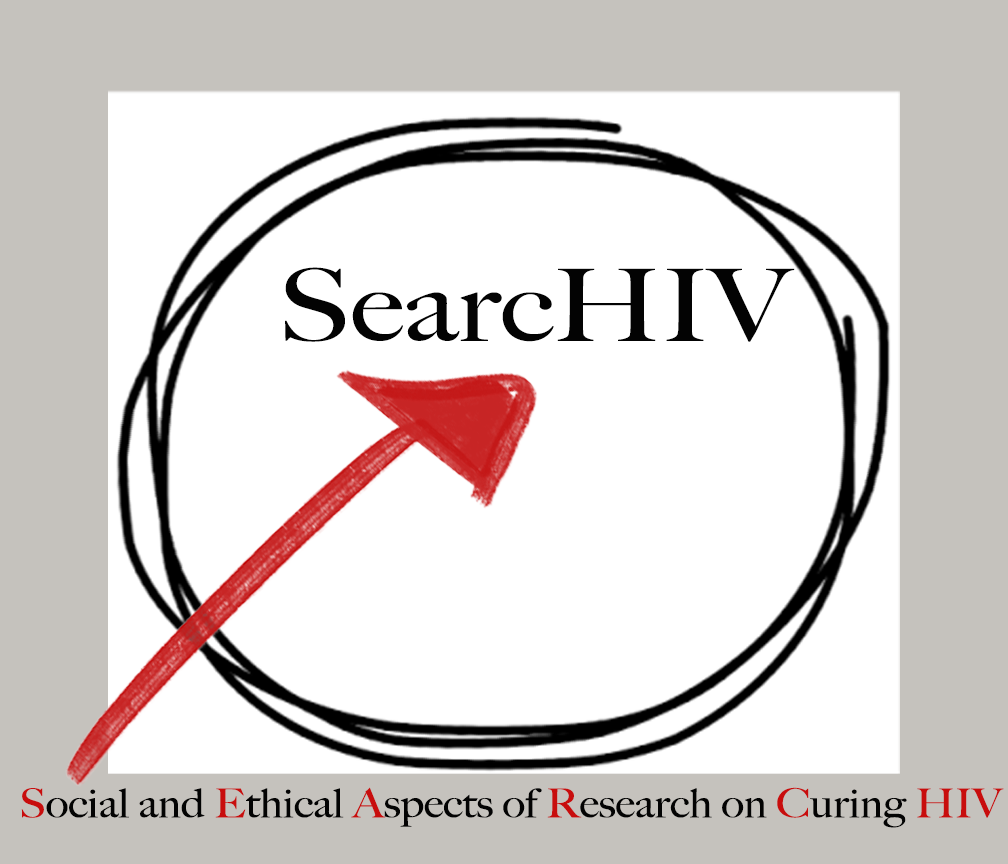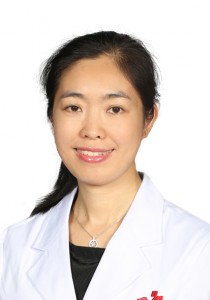By Qingyan Ma, PhD
In this interview, we hear from Dr. Linghua Li, an infectious diseases specialist working on HIV cure research in China. Dr. Li has been engaged in HIV/AIDS field for nearly 9 years, focusing on opportunistic infections and HAART. She earned her MD from Peking University Health Science Center in 1997 and PhD in infectious diseases from Sun Yat-Sen University in 2008. She also received two years of training on infectious diseases as a visiting scholar at Duke University and University of North Carolina at Chapel Hill.
Dr. Linghua Li
searcHIV (S): Could you tell me about your research background and what brings you into the field of HIV cure research?
Dr. Linghua Li (L): I got my PhD in internal medicine and specialized in epidemiology. My master’s and doctoral research projects were both related to HIV research. I started to work on HIV research in 2006. It has been nine years so far. I have been working on HIV research all these years. HIV is a chronic disease that can be controlled now, but it is going to be cured in the future. The Berlin Patient and the unsuccessful case of the Mississippi Baby paved the way for other researchers. Moving forward, I would like to take part in HIV cure projects. By doing so, I could help to inspire hope in my patients, and encourage them to continue with their treatment. To cure HIV is the lifelong pursuit of my career.
S: Do you think HIV will be cured and how long would it take to cure HIV?
L: For every disease, I think, it would be cured someday as medical science keeps developing. It’s just a matter of time before an HIV cure becomes a reality. Insofar as the research is going, it’s hard for me to make a guess about when HIV will be finally cured. However, I expect it will occur in around thirty years as I think it will be difficult to work out this cure thing in the next few years.
S: How would you define cure? Would you use the word “cure” when discussing HIV cure with your colleagues, or would you choose this word while talking to your patients? Is there any other option that can be used to talk about the cure concept?
L: It depends on who we are talking to. When it comes to a cure, we would use several options to convey the cure concept. Among medical professionals, especially those involved in the field of HIV/AIDS, we can communicate effectively using the word “cure”. There are two ways of thinking about curing HIV: one is a functional cure; the other is sterilizing cure. By saying “cure”, we usually mean the latter one: the complete eradication of the virus from a patient’s body so that the patient no longer requires antiretroviral therapy. However, when we try to explain the situation of being cured to patients, we should choose a more vivid way to help them understand. We can do this by telling them that the virus in their body has gone, and so they don’t need worry about viral relapse. Although no virus would be detectable in peripheral blood in either case, there remains a big difference between these two types of cures. The sterilizing cure is better; as for the functional one, it is still possible to detect HIV hiding in cells. This means that the HIV remains, but it is under control similar to other chronic diseases.
S: Could you please describe your current research on HIV cure?
L: Our current HIV cure research mainly focuses on HIV latent reservoirs in the body. One of our goals is to determine the size of reservoirs after antiretroviral therapy. Secondly, based on a project in which I am involved, we want to look at ways to boost patients’ immune systems in order to eradicate the virus. This strategy is still under further research.
S: Could you talk about what stage your clinical trial of HIV cure research is in?
L: As far as I know, there are some clinical trials being conducted in China, but none of these trials have yet involved patients. A few researchers are following the “shock and kill” HIV cure strategy to stimulate the reservoir, but they have not yet published any findings.
S: From your experience, what is the biggest challenge of conducting HIV cure research in China?
L: There are some challenges. For example, some clinical trials require certain approvals, such as from Institutional Review Boards, which take a very long time and a lot of procedures. And then there is the challenge of recruiting patients to participate in the trial. Whether or not patients can understand the trials and how to communicate effectively with patients are also challenging. However, I believe that if we sit down and discuss the research thoroughly with patients, a fair number of them will agree to participate in our trials.
S: Do you think there is any unique advantage to conducting HIV cure research in China?
L: Speaking of unique advantages, in China we have Traditional Chinese Medicine (TCM). There are many drugs in TCM that have been discovered by scientists. Some TCM drugs or patient TCM medications can be used to stimulate the HIV reservoir with fewer side effects. We hope to discover and develop some ingredients within TCM that can be used to stimulate the latent viral reservoir so that HIV can be eradicated. On the other hand, TCM is particularly useful for nourishing patients’ bodies and achieving harmony within one’s body. Finally, we have a lot of HIV patients in China, although our infection rate is very low overall because of the large population in China. Therefore, the government is very supportive for HIV cure projects. Guangzhou Municipal Government has already funded a few HIV cure research projects.
S: Do you think there is any benefit of international collaboration on HIV cure research?
L: We haven’t yet collaborated with any international organizations on HIV cure research. If there is any cooperation, I think it will be beneficial to global HIV cure research.


